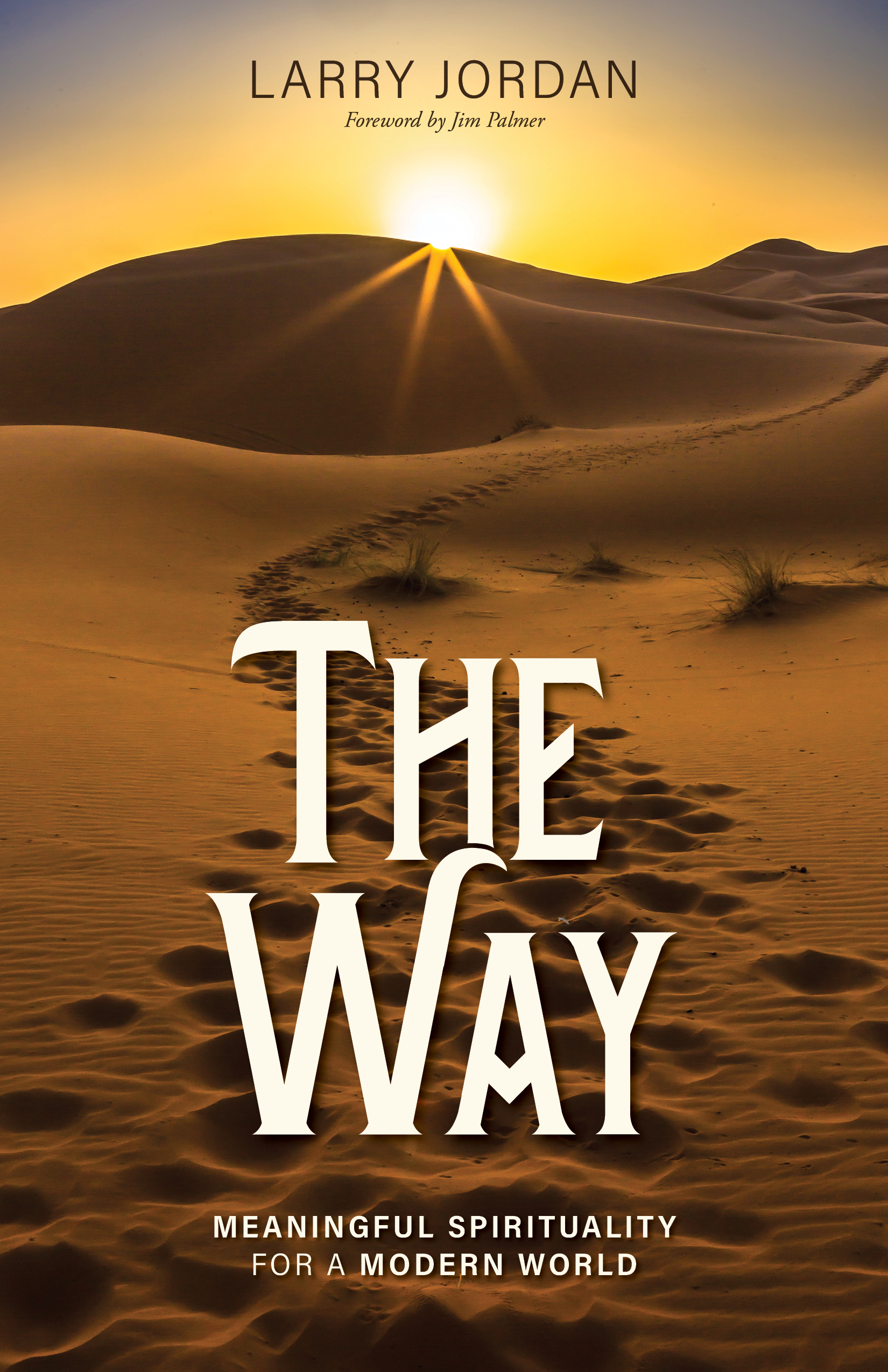"I'm Not 'out' with My Doubt."
Since I wrote a book about asking questions, I meet a lot of people who are asking questions. Many of them tell me, "I'm not 'out' with my doubt," which means that they have serious doubts about religion that they have NOT shared with their clergy, their family and friends, or (even) their spouses.
A pastor once told me that "The pews are filled with atheists. People go to church for many reasons that have nothing to do with doctrine, including coffee, community, food, music, and silence."
So, why are people reluctant to ask questions? Christianity places emphasis on beliefs, rather than practices, and in some "high control" denominations, which believe that "faith" involves believing unbelievable things, doubt is sometimes percieved as an attack or a betrayal or a lack of faith.
Actually, it's worse than that. The most common reaction to doubt is to stop attending church, and (when someone stops attending church) the most common reaction among "well-meaning" people is to badger them with comments like, "I'm praying for you," or "I hope that you don't go to hell."
Badgering does not feel like a compassionate or wise response to the receipient. "Don't you appreciate my concern?" Well, I appreciate it as much as I appreciate a Hare Krishna who interrupts me at the airport or a Jehovah's Witness who knocks on my door at dinnertime.
Badgering feels arrogant, too. All religion is cultural, all theology is speculation, no one really knows anything about God, and everyone deserves courtesy. Why would anyone presume to know anything more about Ultimate Reality than anyone else, and why would they consider it their job to say so?
Have you ever left a church and found that your former fellow parishioners (who you thought were your friends) were actually just your former associates? Do they still call? Do they still include you? Do they still visit? Why not?
Many churches are places for "fitting in," rather than "belonging." You are welcome if you believe what they believe or if you are willing to consider their beliefs, but you are not welcome to come as you are. A pastor explains that people like to associate with people who believe the same things.
That's fair enough, but remember where we started this post -- the pews are filled with atheists, and many churchgoers are not 'out' with their doubt. Increasingly, religiosity is giving way to secularism, and doubts are being viewed as normal, maybe even necessary, parts of a meaningful spiritual life.
.
What happens when more people "come 'out' with their doubt" about some of the speculative doctrines, supernatural beliefs, and unkind practices of Christianity?

